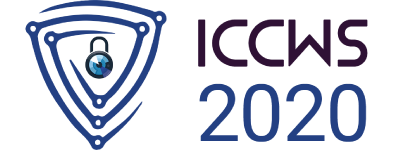Keynote Speakers
Below are the keynote speakers confirmed for ICCWS 2020 conference
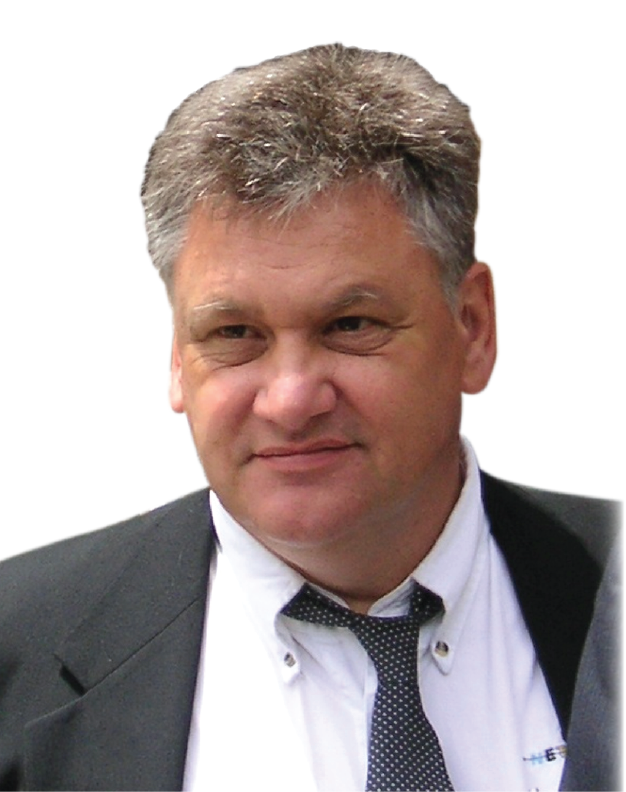 Fred Baker
Fred Baker
ICANN RSSAC Chair / Former IETF Chair, USA
Talk Title: Management of Security in the Domain Name System
Abstract: One fundamental principle in the Internet is the End to End Principle. It could be stated in this way: the one valid thing for any layer of service software (including the Internet Protocol and common transports) is to carry out the intent of its user. Almost all Internet attacks can be described in terms of a violation of that principle - the packet is inspected by or delivered to an unauthorized party, not delivered at all, the predictable response is sent to a different party, the service is overwhelmed, the user is confused in some way that results in an access to an unintended service, or any of a long list of similar schemes. The talk will discuss technologies in use in the DNS to prevent such attacks in what might seem the simple posing of a question and its a resulting answer.
Bio: Fred Baker has worked in the development and deployment of Internet technologies since 1986, writing or editing over 60 RFCs on a variety of topics, chaired the IETF 1996-2001, been the Chairman of the Board of the Internet Society 2002-2006, chaired several IETF working groups including his current IPv6 Operations, and chaired the ICANN Root Server Systems Advisory Committee. He was employed by Cisco Systems 1994-2016, and is a Member of the Board of the Internet Systems Consortium.
 Prof.Vern Paxson
Prof.Vern Paxson
University of California, Berkeley / Corelight, Inc. / International Computer Science Institute, Berkely, USA
Talk Title:Finding Very Damaging Needles in Very Large Haystacks
Abstract: Many of the most costly security compromises that enterprises suffer manifest as tiny trickles of behavior hidden within oceans of other site activity. This talk will examine the problem of developing robust detectors for particular forms of such activity. The themes include research pitfalls, the crucial need to leverage domain knowledge in an apt fashion, and why machine learning is difficult to effectively apply to such problems.
Bio: Vern Paxson is a Professor of EECS at UC Berkeley, and co-founder and Chief Scientist of Corelight, a company based on his network monitoring technology. He also leads the Networking and Security Group at the International Computer Science Institute in Berkeley. His research focuses on high performance network monitoring, detection algorithms, cybercrime, and countering censorship and abusive surveillance. He is a Fellow of the ACM and has received ACM's SIGCOMM Award for lifetime achievement, the ACM Grace Murray Hopper Award, the IEEE Internet Award, and the Facebook Internet Defense Prize.
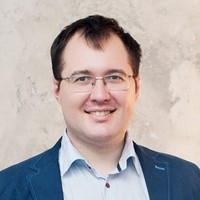 Andrey Golov
Andrey Golov
CEO Security Code, Russia
Bio: Andrey Golov is the Chief Executive Officer at Trusted Access Technologies. He has more than 15 years of executive experience on IT and Security positions in different civil and military organizations. Andrey also is CEO of Security Code ltd (Russia), one of the famous leading vendor in Russia related to Network, Endpoint and Virtual security. Andrey has degree in mathematics/cryptography , financial analysis and MBA degree in IT management. And numerous industry awards and certifications including Certified Information Systems Security Professional (CISSP), Certified Information Security Auditor (CISA) and Business Continuity Institute specialist. Andrey has also experience in Cyber Security of International Cyber Space and global international cooperation. Andrey has also participated in various international MOU and intergovernmental missions
 Evgeny Goncharov
Evgeny Goncharov
Head of Kaspersky Industrial Control Systems Cyber Emergency Response Team, Russia
Talk Title: Trends and challenges of Industrial Cyber Security highlighted by Covid-19 pandemic
Abstract:
Covid-19 pandemic is definitely the most spoken topic of the year. The pandemic has brought
struggling and sorrow to millions. Billions had to adjust their life habits. And it made almost
every single person on the planet feel insecure. It did not even make us more vulnerable. Rather,
it highlighted our existing vulnerability. From this perspective the current pandemics situation
is not only a challenge, but also a huge potential game changer, which may give us an opportunity
to see things different, and to see some things important that we did not see before.
As the team conducting threat research and vulnerability analysis to Industrial Control Systems,
we notice it has also highlighted some major vulnerabilities and cyber security problems of industrial
infrastructures. And many of the problems highlighted we believe are absolutely important to solve for
the vast majority of modern industrial enterprises to unlock possibility of the IIoT and Industry 4.0
technological benefits. During my presentation I will share some facts we discovered during the pandemic
period, some major challenges we noticed and some trends and tendencies we may foresee from where we are now.
Bio: EvgenyGoncharov has worked in software development since 1999, with 13 years’ experience in the IT Security industry. Evgeny joined Kaspersky in 2007 as software development team lead. Since 2014, Evgeny has driven Kaspersky ICS cyber security research, product and services development. He is currently the Head of Kaspersky Industrial Control Systems Cyber Emergency Response Team (Kaspersky ICS CERT).
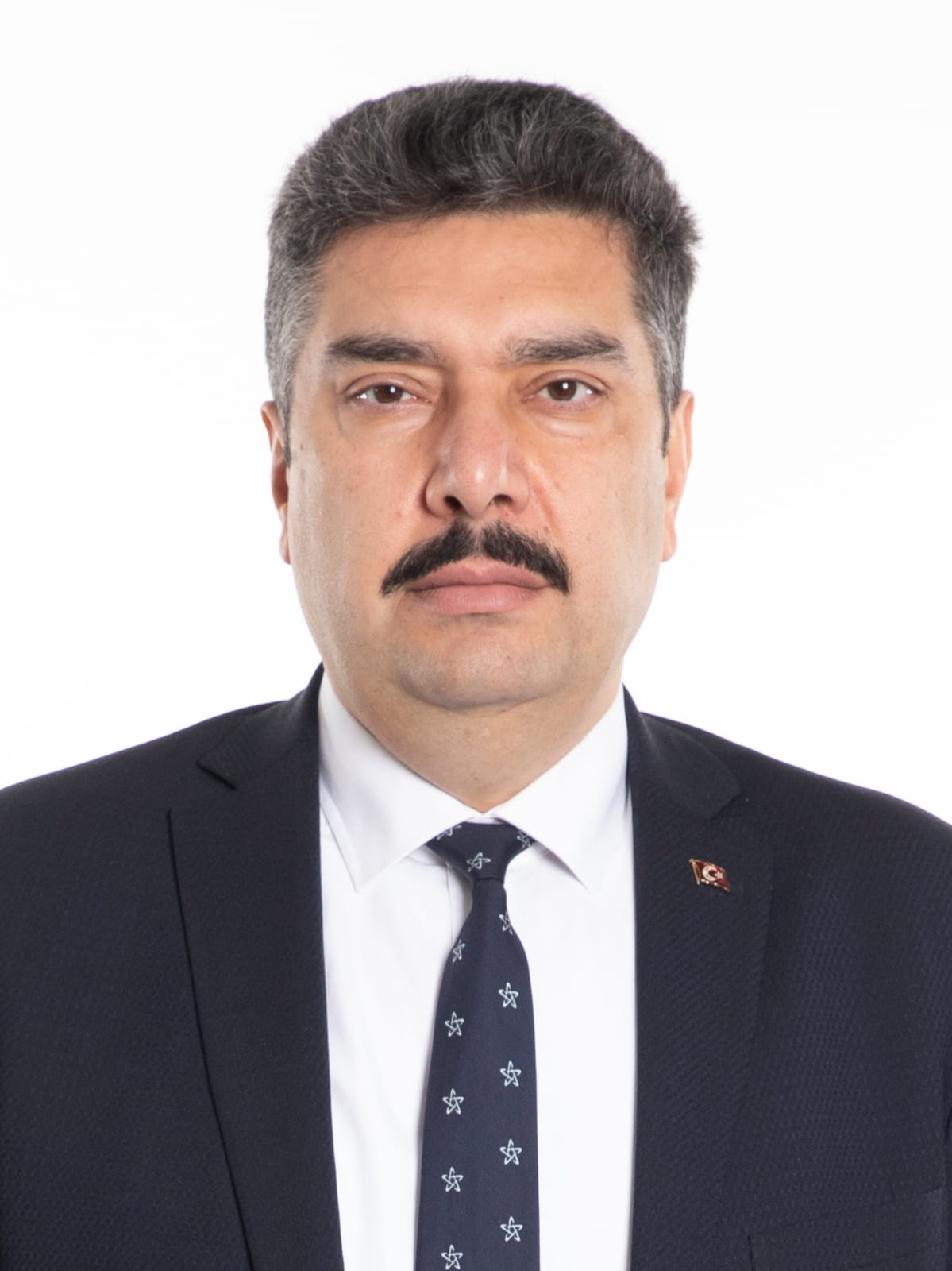 Mehmet Akif NACAR
Mehmet Akif NACAR
HAVELSAN, Turkey
Bio: Mehmet Akif NACAR was born in Sanliurfa, Turkey in 1972. He received the B.S. degree in Computer Engineering from Trakya University, Edirne, Turkey in 1995. Then M.S. degrees in computer education from Gazi University, Ankara, Turkey in 1998 and computer science in Syracuse University, Syracuse, NY in 2000. He completed his Ph.D. degree in computer science in Indiana University, Bloomington, IN in 2008. From 2001 to 2008, he was a Graduate Assistant with Indiana University Community Grids Lab. Since 2008, he has been an Assistant Professor with the Computer Engineering Department, Harran University, Sanliurfa, Turkey. He has involved in many research projects supported by NSF and DoE. During the work with Harran University, he was awarded for a few research projects. He has worked as the vice president in HAVELSAN Training and Simulation Technologies Department since 2017. He is the general manager of HAVELSAN since 2020. His research interests include high-performance systems within parallel and grid computing, cloud computing and developing software models for energy efficiency applications.
 Dmitry Zryachikh
Dmitry Zryachikh
CTO Security Code, Russia
Talk Title: Russian semiconductor/microelectronic industry overview
Abstract: Standard x86 architecture is far from enough when it comes to trusted system developing. It doesn’t matter how solid your software is if you cannot be fully sure in hardware level. Dmitry will give a brief overview about key factors of x86 substitution for network security appliances and describe key challenges we met during this process.
Bio: Dmitry ZryachikhIs the Chief Technology Officer at Trusted Access Technologies. His core responsibilities include leading the company’s product management, research and development (R&D) and quality assurance (QA) initiatives from concept to delivery.Dmitry graduated from Bauman Moscow State Technical University with a degree in information security.Dmitry holds MBA degree from Moscow international MIRBIS Business School.
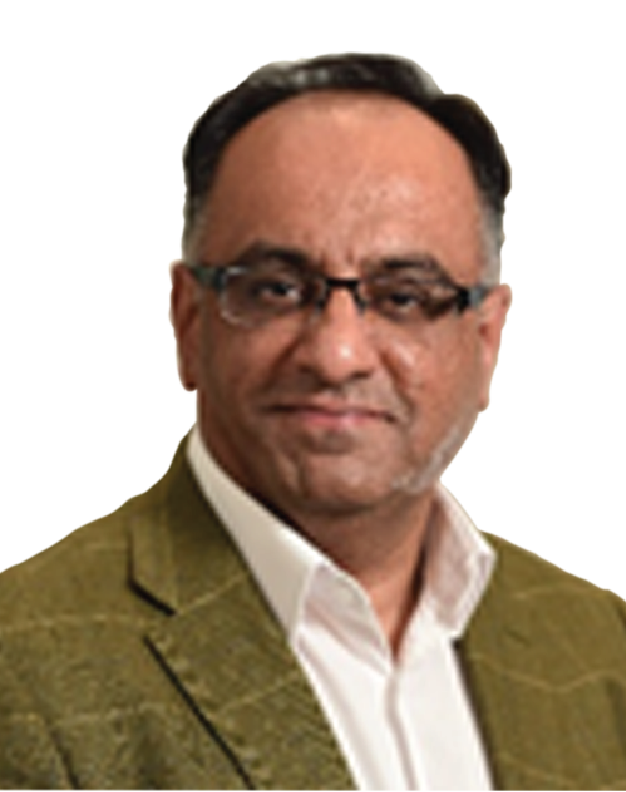 Professor Siraj Shaikh
Professor Siraj Shaikh
Coventry University, UK
Talk Title: Cyber-Physical Systems Security: Research Challenges and Opportunities
Abstract: The talk would provide a brief overview of some of the challenges in defending cyber-physical systems, and then run through some key areas of development in this domain. It will dive into some technical areas to reflect on some areas of design, policy and behaviour, and engineering to address systems security.
Bio: Professor Siraj Ahmed Shaikh is Professor of Systems Security at the Institute of Future Transport and Cities (IFTC) at Coventry University (UK), where he leads the Systems Security Group. He is currently the Director of Research (Interim) at IFTC. He is also Founder and Chief Scientist at CyberOwl, which is a VC-backed venture addressing cyber risk analytics for the maritime and CNI sectors. Over the past 20 years, his research interests have included threat modelling, cyber-physical systems security testing, and security policy-making. His research has been funded by EPSRC, RAEng, MoD, NCSC and Lloyds Register Foundation.
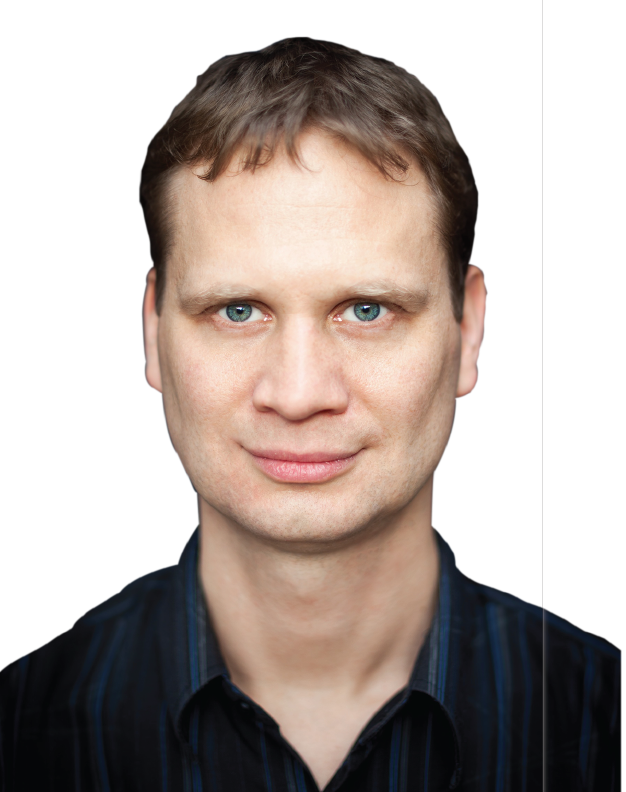 Olaf Maennel
Olaf Maennel
Tallinn University of Technology, Estonia
Talk Title::Critical Infrastructure Protection: An Aviation Cybersecurity Perspective
Abstract:
The aviation industry has embraced a safety-oriented culture probably more than any other transport sector. However, from a cybersecurity perspective it is increasingly vulnerable. Previously separate systems are now being interconnected in order to enhance efficiencies, reduce costs and improve the customer experience. However, this exposes new vulnerabilities that may be exploited by a variety of threat actors. These range from nation states to cyber criminals who will see aviation as an attractive target for financial gain, invading privacy or just creating chaos. Airport systems running commercial software are also at risk from indiscriminate attacks targeting any insecure Internet connected network that can be remotely accessed.
The unique attributes of the aviation sector serve as a good example of how cybersecurity research needs to develop systems able to resist and counter multiple attack vectors. These have the potential to be also applied across a range of other critical national infrastructures with similar cyber risks that must be effectively and comprehensively mitigated. In our research we demonstrate that securing the aviation industry requires a holistic and wide-ranging approach incorporating aspects from both technical and social science disciplines.
Bio: Olaf Maennel is a Professor of Cybersecurity at the Tallinn University of Technology (TalTech), Estonia. He graduated from the Technical University Munich in 2005 and subsequently held appointments at the University of Adelaide in Australia and Loughborough University in the UK. In 2014 he joined the Centre of Digital Forensics and Cybersecurity at TalTech. His research interests include network security, network forensics, cybersecurity education (focusing on red-teaming and learning through exercises), cyber capability profiling & assessment, human factors aviation & maritime cybersecurity. He has been co-chairing ACM SIGCOMM 2015, ACM IMC 2017, and four Interdisciplinary Cyber Research workshops (ICR). He serves as EU expert evaluator and vice-chair for Horizon H2020 calls. He holds a commercial EASA pilots license with instrument rating, a FAA certificate, and has a CASA license.
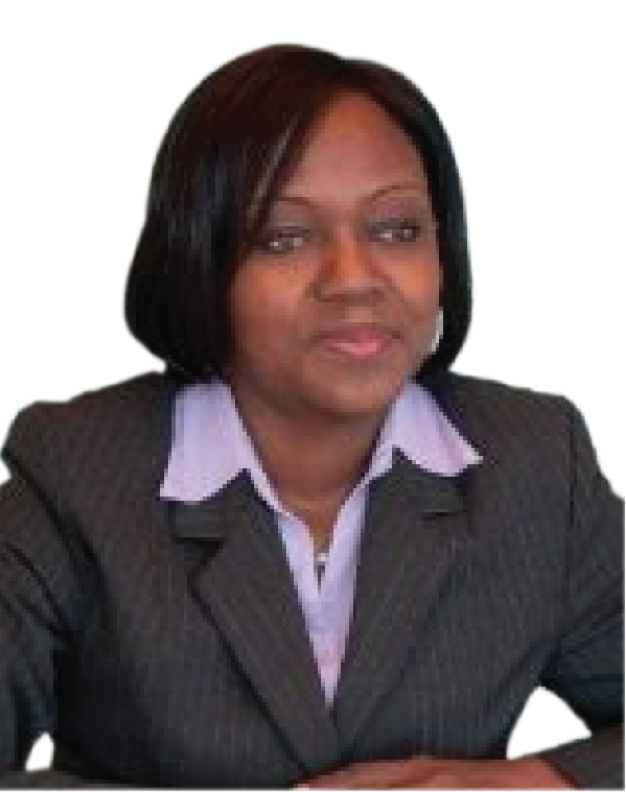 Ms. JeanDaka
Ms. JeanDaka
Director Deloitte’s Enterprise Risk Services, Belgium
Talk Title: The challenges of digital forensics
Abstract: Digital evidence has transformed from a single host such as a desktop computer with an attached usb drive to different physical or virtual locations such as the cloud and social networks. This makes the challenge of reconstructing the evidence to find ‘the smoking gun’ more complex. Digital forensic investigators need to keep the pace with advancement in technology and the intricacies of perpetrators by using the right tools that allow them to do their work in a manner that allows evidence to be admissible in a court of law whilst maintaining a forensically sound audit trail. We will look into some challenges faced and some tools investigators use to accomplish this.
Bio: Ms. JeanDaka is a Director within the Deloitte’s Enterprise Risk Services practice in Belgium and is mainly responsible for Computer Forensic and eDiscovery assignments. With over 20 years of relevant experience and exposure across Africa, Europe, Asia and the USA, she has built a specific expertise in computer forensic assignments and knowledge discovery techniques to investigate and/or mitigate issues related to fraud and financial crime and other regulatory compliance. She has been involved in projects for clients with challenges in the area of fraud, anti-trust, corruption, IP infringements, data protection, data privacy and incident response.
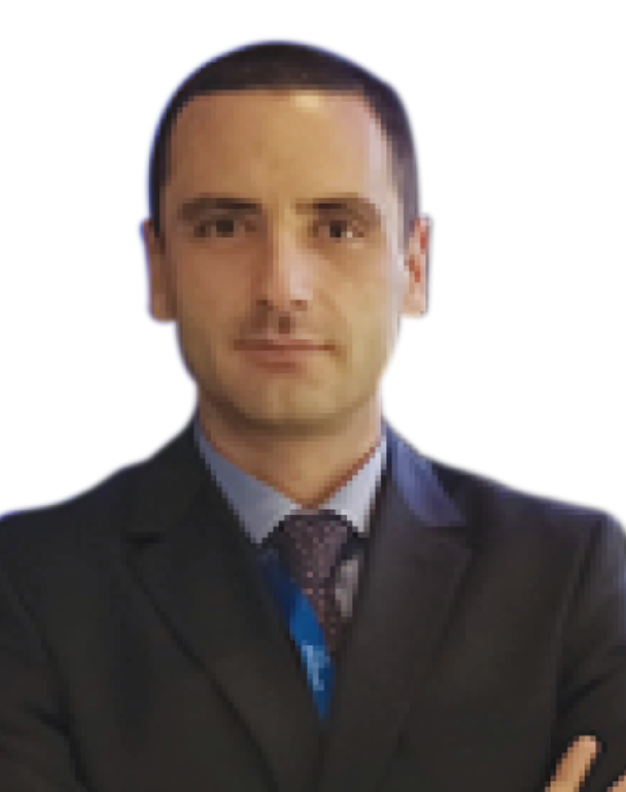 Abdullah Erten
Abdullah Erten
HAVELSAN
Talk Title: Post quantum state of cryptology
Abstract: His talk will be mainly around the post quantum state of cryptology. The challenges that the whole cyber world will suffer when the computer power dramatically rises will be assessed. How cryptology will evolve to compensate for the rising computing power will be discussed as well. Post quantum changes in terms of battlefield and warfare will be analysed.
Bio: Alphan Erten is a software product manager working for cyber security directorate of HAVELSAN A.Ş. He is mainly responsible for WAF and DLP products as well as cyber services. He is an electrical engineer who has worked for cyber security corporations for several years. He has an MBA degree and Master of Science in Operations Research field.
